#NationalHighwayTrafficSafetyAdministration
Here's Trump's Ace in the Hole for Dialing Back MPG Rules
It’s no secret that the Trump administration will eventually come forward with a relaxed version of existing automotive fuel economy targets. Despite previously agreeing to them, most automakers have decided Obama-era goals are less than ideal and have reached out to the current president to take it easy on them — something he appears willing to do.
However, the White House is going to have to sell the decrease to numerous states that claim they won’t accept such a proposal, as well as a driving public that likely doesn’t want to spend more money on fuel than it has to. Fortunately, the administration has a strategy for this, and has tapped the National Highway Traffic Safety Administration for backup. It’s trying to prove that cutting fuel economy would actually make vehicles safer.
Safety Group Leans on Ford to Recall 1.3 Million Explorers
After receiving negative attention from various policing agencies over a potential carbon monoxide leak in Explorer-based Interceptor Utility vehicles, Ford is being urged by the Center for Auto Safety to recall over a million vehicles. While the automaker hasn’t yet done so, it hasn’t been sitting on its hands, either. The automaker issued technical service bulletins to service centers, dispatched its own investigative teams to examine police fleets, and said it would work with the National Highway Traffic Safety Administration as the agency conducted a probe of its own.
Ultimately, Ford said the vehicles were safe — attributing the claimed monoxide leaks to aftermarket modifications common on police vehicles. However, it also agreed to examine and repair any Explorer (for civilian or official use) in the hopes of reassuring worried owners. Meanwhile, customer complaints ballooned after news of the story broke.
In July of 2016, the NHTSA had fewer than 200 Explorer-related grievances on file. The Center for Auto Safety claims that number has now grown to 1,400.
Trump's Updated Fuel Economy Targets Are Coming This March
After what feels like an eternity, the Trump Administration finally feels confident in releasing its alternative to efficiency rules created under former President Barack Obama. The National Highway Traffic Safety Administration will provide the details on the new fuel economy standards for cars and light trucks sometime before the end of March.
This will be followed by partisan arguments as to why it’s the best and worst idea in the world.
Students Role-play Autonomous Driving Tragedy Before Automakers Have To
Graduate students from the University of Michigan are currently engaged in a twisted role-playing game, where they attempt to cope with the media backlash following various failures of self-driving cars. The exercise is intended to help them understand the pitfalls associated with autonomous tech and how to best respond when it goes terribly awry — something automakers will also have to go through as self-driving vehicles become more prevalent.
Broken into teams of four, 30 groups across the Ann Arbor campus were confronted with a pretend automated tragedy last night. The details were delivered to them in much the same way they would have been to a real manufacturer: through phone calls, emails, social media, and in-person meetings.
They have until tonight to mitigate the fallout from the incident, generating business solutions in a faux 24-hour news cycle.
No Pedals, No Wheel: GM Unveils Bolt-based Autonomous Fleet
General Motors has showcased its plan to launch public ride-hailing services by teasing a self-driving vehicle with no manual controls whatsoever. The fleet is said to arrive in 2019, which gives us plenty of time to form an angry mob.
On Thursday, the company announced it had submitted a safety petition to the National Highway Traffic Safety Administration requesting that autonomous Chevrolet Bolts be allowed to operate on public roads without adhering to the Federal Motor Vehicle Safety Standards that pertain to actual driving.
Proposed Legislation Would Make It Easier for Automakers to Meet Efficiency Requirements
A bipartisan pair of congressional representatives from Michigan are proposing a new bill, the Fuel Economy Harmonization Act, that would aid automakers in complying with federal fuel efficiency requirements. Introduced on Wednesday, the bill would extend the life of fuel economy credits that are set to expire in five years and raise the ceiling on transferrable credits between car and truck fleets. Under the proposal, manufacturers could also be given additional credits for lowering fleet-wide emissions under new metrics.
Penning the bill, congresspersons Fred Upton (Republican) and Debbie Dingell (Democrat) said they believed the automotive industry would benefit from having a single set of fuel rules. The bill suggests rolling the NHTSA’s Corporate Average Fuel Economy (CAFE) and the EPA’s light-duty vehicle Greenhouse Gas Emissions mandates into one cohesive program.
While economy mandates have been growing, nationwide fuel consumption has still gone up. Likewise, the average mpg of cars sold in the United States hasn’t changed much over the last three years. With pump prices remaining low, consumers have flocked to less-efficient models like crossovers and SUVs.
NHTSA Appoints New Deputy Administrator, Still No Department Head
Last week, we discussed how the National Highway Traffic Safety Administration had some staffing gaps that needed shoring up. While it remains shy one administrative head, the White House saw fit to officially appoint a new deputy administrator — effectively replacing acting deputy administrator Jack Danielson’s interim leadership.
Danielson has served as the NHTSA’s executive director since 2015, but spent the last eight months filling in for an absent department figurehead. He’s being relieved by Heidi King, an economist with the federal government and experience in the private-sector.
The NHTSA: Broken Down, Short on Staff, Slow on Change
The United States is still waiting on a glut of senior appointments within agencies that affect the automotive industry. While the Environmental Protection Agency eventually got Scott Pruitt, many high-ranking positions remain vacant at the EPA and other U.S. regulatory groups. The National Highway Traffic Safety Administration is still missing an administrator, chief counselor, director for government affairs, chief financial officer, and one enforcement chief.
With so many holes in its staff, former NHTSA officials and consumer advocacy groups are worried the agency has been rendered ineffective — essentially stalled on important decisions and issues that need the right kind of signature. Eight months is a long time to wait for an appointment and the NHTSA was only just given a deputy administrator, after former executive director Jack Danielson’s promotion.
House Unanimously Approves Proposal to Deploy Self-driving Cars, and Not Everyone's Happy
On Wednesday, the U.S. House unanimously approved a sweeping proposal to expedite the deployment of self-driving cars and prohibit states from blocking autonomous vehicle testing.
“With this legislation, innovation can flourish without the heavy hand of government,” Ohio Republican Bob Latta said on the House floor leading up to Wednesday’s vote. Latta is chairman of the House Energy and Commerce subcommittee that developed the legislation with support from tech companies and the automotive industry.
One thing missing from the House measure is large trucks, which the Senate hopes to address in its own bipartisan legislation. Congress announced a September 13th hearing to examine the role of autonomous commercial vehicles and how they may fit into the Senate’s pending self-driving legislation. Meanwhile, the House’s bill moves up the board to be put to a vote within the Senate at a later date.
New U.S. Bill Would Update Automotive Rules, Allowing for Non-human Drivers
When the automobile came into its own, there wasn’t really a place for it. Roads had been reserved for foot traffic and horses for hundreds of years before the invention of the internal combustion engines. Pedestrian injuries were high until they were partitioned onto the sidewalk. Likewise, it was some time before the millions of horses were be rounded up, placed into a giant pit, and shot to death by 20th-century motorists.
However, the industry didn’t really take safety into account until Ralph Nader wrote Unsafe at Any Speed and holding automakers accountable for safety suddenly became fashionable — helping America pass the National Traffic and Motor Vehicle Safety Act in 1966 and subsequent legislation. Granted, vehicular fatality rates still fell dramatically between 1925 and 1965, but the regulatory influence didn’t skyrocket until after Nader’s analysis of the industry.
With autonomous vehicles positioned to change the way we “drive,” the long-established and ever-growing rulebook may need revisions. In July, a collective of automakers, suppliers, engineers, and consumer groups, calling themselves the Coalition for Future Mobility issued a statement urging Congress to consider legislation it deemed “critical to the United States continuing to be a place of innovation and development for the life-saving technologies.” Fast forward to August, and there is already a bill on the table.
Give the U.S. Government a Piece of Your Mind About Fuel Economy Rules
While the Trump administration continues gearing itself up to loosen fuel standards for automakers, much to the chagrin of environmentalists and other countries, the agencies that set those benchmarks want to pick your brain a little before making a final decision. You’ve got an opportunity to be part of the process — the painfully boring, yet incredibly important, process.
On Thursday, the U.S. Environmental Protection Agency and the Department of Transportation opened a public comment period on the reconsideration of the standards for greenhouse gas emissions for light vehicles built for the 2022-2025 model years. Additionally, the EPA wants comments on the appropriateness of the existing 2021 standards. The agencies are inviting the public to submit any relevant (i.e. factual) data and information that can inform a final decision of the standards.
NHTSA Expands Ford Explorer Probe After Probable Police Gassings
The U.S. National Highway Traffic Safety Administration is inching its way toward what could be a massive recall of Ford Explorers. An initial probe kicked off in 2016 after owners entered numerous complaints of an unpleasant exhaust smell in the cabin into the NHTSA database.
Formal grievances swelled into the hundreds by the end of the year and continued growing into 2017. The issue was so serious, one California police officer faulted it for overpowering him while behind the wheel of his Explorer-based Interceptor Utility, resulting in a crash last February. He wasn’t alone. On Thursday, the NHTSA announced at least three other wrecks could be attributed to carbon monoxide exposure inside the vehicle. All in all, the agency stated it is aware of 41 injuries and over 2,700 complaints linked to the issue.
While the injuries are mostly instances of nausea, severe headache, and dizziness, those symptoms pose a serious risk while driving. Concerned the problem could result in another crash, the NHTSA has broadened the probe to encompasses 1.33 million vehicles from 2011 to 2017 and upgraded it to a complete engineering analysis.
NHTSA Poised for Potential Deregulation Bonanza on Automotive Safety Aids
We knew the Trump administration wanted to deregulate the automotive industry in order to free it from any production hangups, be it imagined or genuine. However, some of the items under consideration for potential elimination are safety features that seem silly to go without. At the top of that list is the requirement that all electrically driven vehicles must emit noise to alert pedestrians to their presence.
However, this isn’t the only safety feature at risk of becoming an optional extra. In budget documents provided to Congress, the National Highway Traffic Safety Administration specified it is considering six separate areas for deregulation. Those include the modern standard for rear-view mirrors and backup cameras in passenger cars, mandatory electronic stability-control units for heavy trucks, and a rule allowing car dealers to install switches to deactivate airbags in customer vehicles.
While some of the rules could be abolished entirely, others are more likely to undergo some gentle retooling to provide automakers greater flexibility. Automakers have long pressed for the revamp of some antiquated, NHTSA-administered safety standards in order to permit the introduction of newer technologies. Still, eliminating any safety mandate is likely to raise the ire of consumer safety advocates, whether the end goal is well-intentioned or not.
General Motors Ends NHTSA Safety Oversight, Promises to Keep in Touch
General Motors’ safety practices are no longer under the watchful eye of the National Highway Traffic Safety Administration. The three-year oversight period was part of a settlement GM reached with U.S. regulators back in May 2014, resulting from its failure to recall defective ignition switches attributed to 124 deaths and countless injuries.
While NHTSA’s role as General Motors’ personal watchdog ended last month, the automaker said it intends to continue meeting with the agency on a monthly basis to discuss potential defects. It also stated that the time spent with the regulator had been transformative, leading to a safer environment and more stringent quality control.
Tesla's Autopilot Alerted Driver to Retake Wheel Seven Times Prior to Fatal Crash
The National Transportation Safety Board has finally concluded its investigation into a May 2016 crash in Florida that resulted in the death of 40-year-old Joshua Brown. The ex-Navy SEAL’s Tesla Model S was operating in Autopilot mode when it collided with a semi trailer, raising speculation that the semi-autonomous driving feature was the reason for the accident.
While Tesla has repeatedly called the system a lane-keeping “assist feature” and suggested drivers always keep their hands on the wheel, consumer safety groups have urged the automaker to improve it.
An earlier investigation by the National Highway Traffic Safety Administration stated in January that the Autopilot software in Brown’s car did not have any safety defects. However, the NTSB stated that data acquired from the vehicle’s computer indicated that neither the vehicle nor its operator made any attempt to avoid the truck. It also specified that the vehicle had issued seven warnings for Brown to retake the wheel.
In the 37 minutes leading up to the fatal crash, the report said the car detected hands on the steering wheel for a total of 25 seconds.






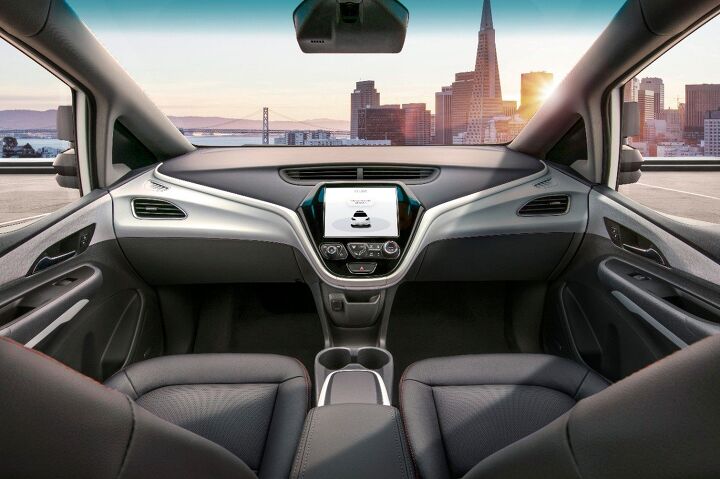


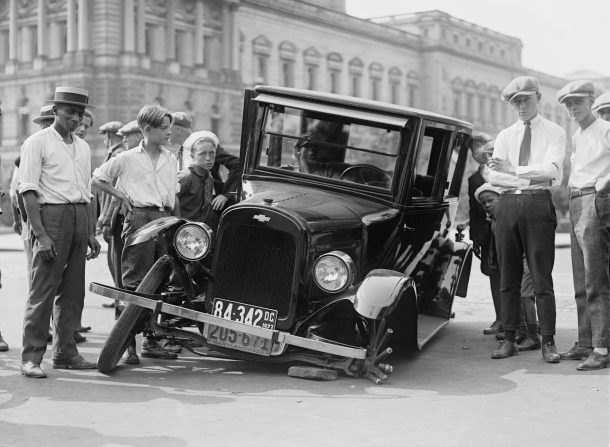
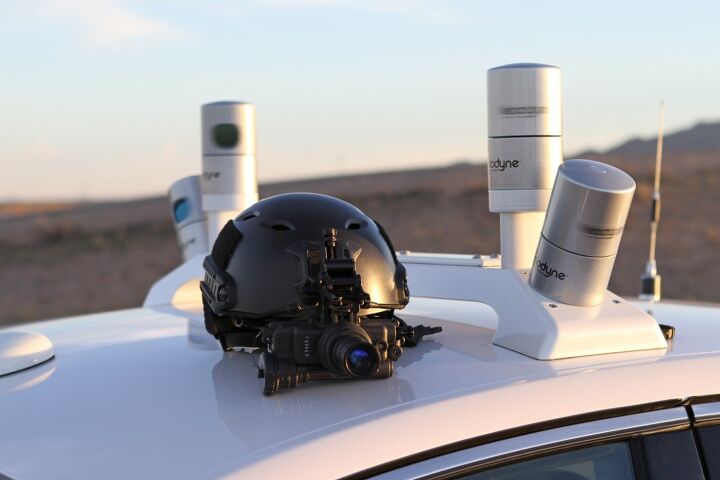



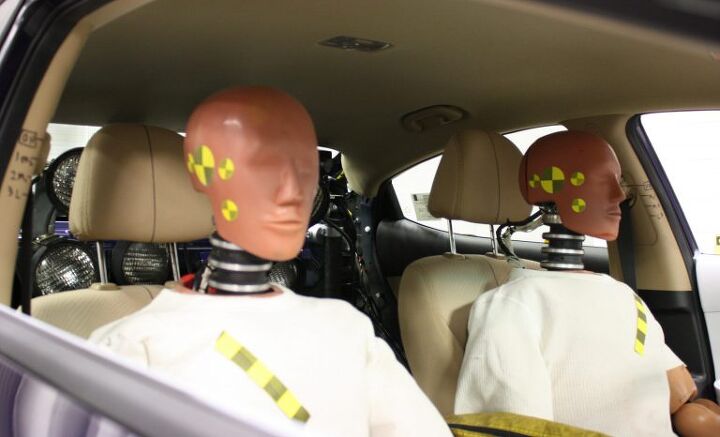
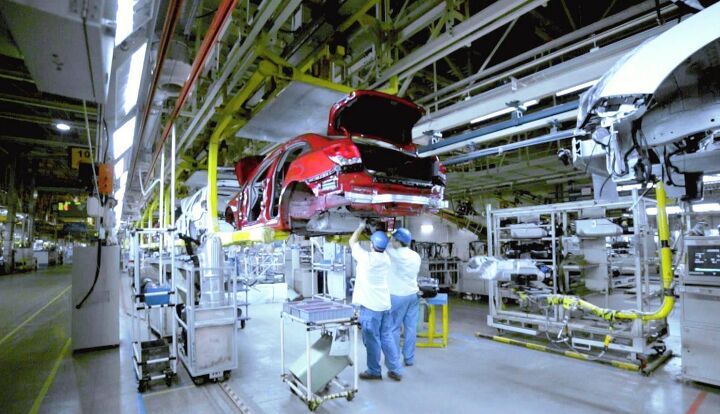
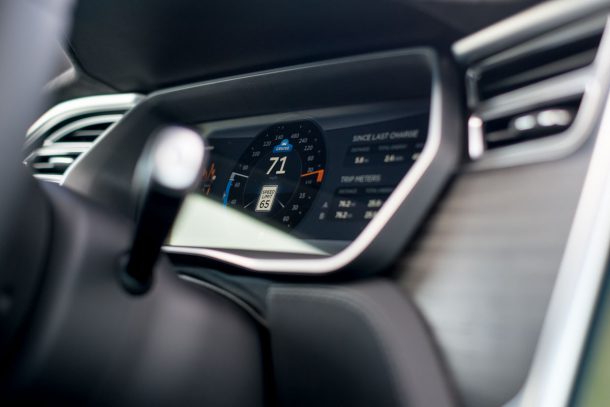












Recent Comments